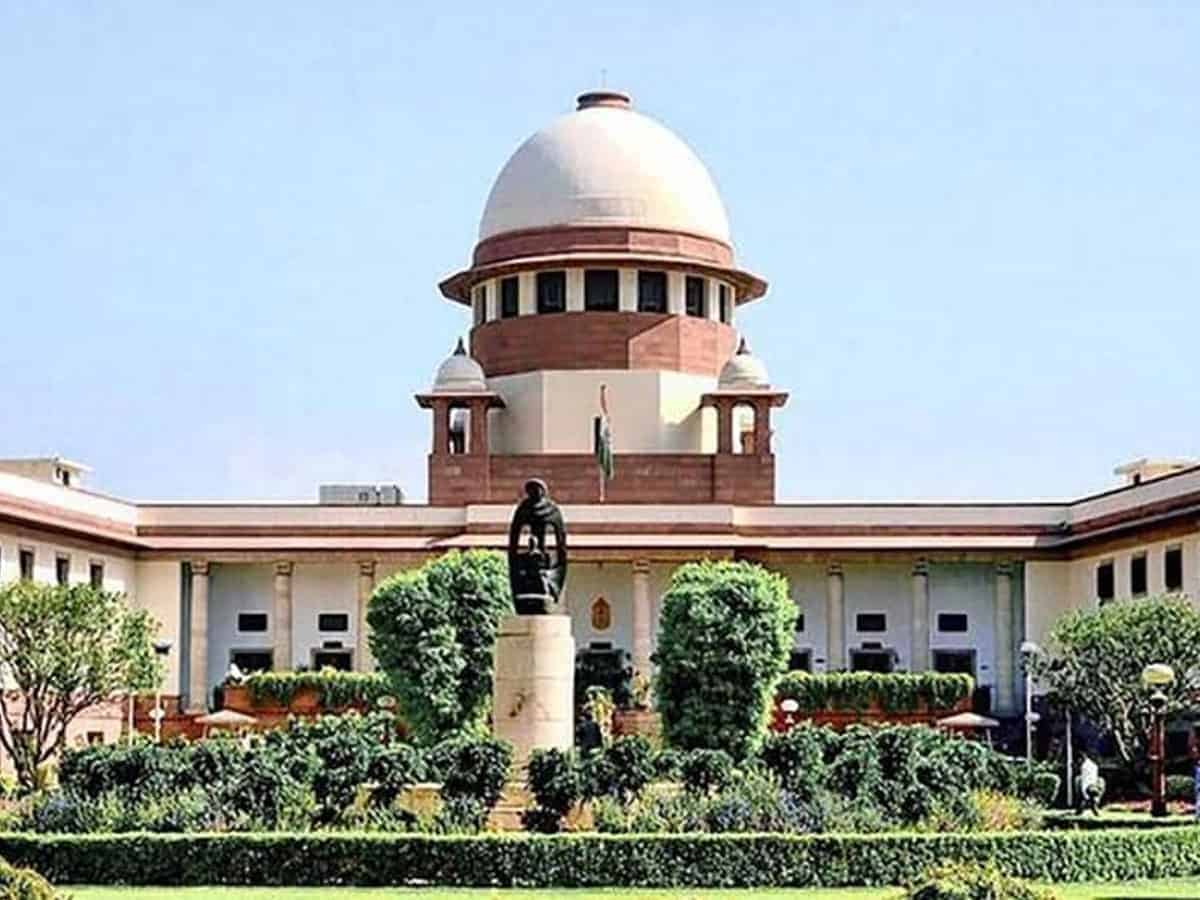
New Delhi: The Supreme Court is scheduled to hear on January 2 a fresh plea seeking directions to the Centre and states to take stringent steps to control fraudulent religious conversions by “intimidation, threatening, deceivingly luring through gifts and monetary benefits”.
A bench of Justices M R Shah and C T Ravikumar is likely to take up the plea filed by advocate Ashutosh Kumar Shukla which has also sought the creation of a special task force to keep a check on deceitful religious conversions.
Contending that the State is obliged to protect the fundamental rights of the citizens, the plea said the right to propagate one’s religion does not give a right to convert any person to one’s own religion.
“The tribal belts are mostly illiterate regions. According to research statistics, conditions of health, education, diet and drinking water are rated as poor among the tribals who inhabit these areas.
“These areas are the most socially backward. This social backwardness opens opportunities for missionaries to work among deprived classes for their socio-economic, cultural, educational development and through that spread message of the gospel which eventually results in conversion,” the plea alleged.
The PIL contended that the State must take appropriate steps to prevent the religious conversion of socially and economically underprivileged sections of society, particularly those belonging to Scheduled Castes Scheduled Tribes.
Asserting the purpose of charity should not be converted, the top court had earlier reaffirmed that forced religious conversion is a “serious issue” and against the Constitution.
Forced religious conversion may pose a danger to national security and impinge on the religious freedom of citizens, the apex court had said recently and asked the Centre to step in and make sincere efforts to tackle the “very serious” issue.
The court had warned a “very difficult situation” will emerge if proselytisation through deception, allurement and intimidation is not stopped.
